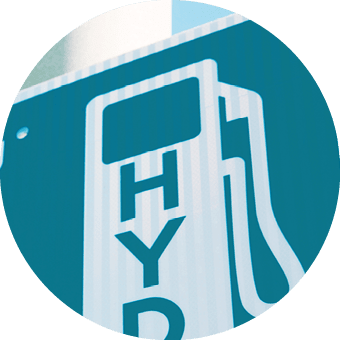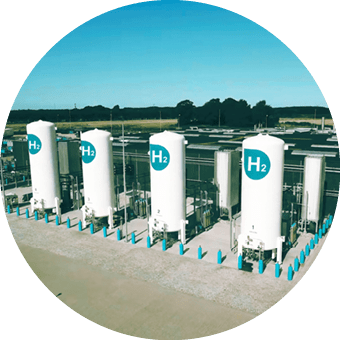

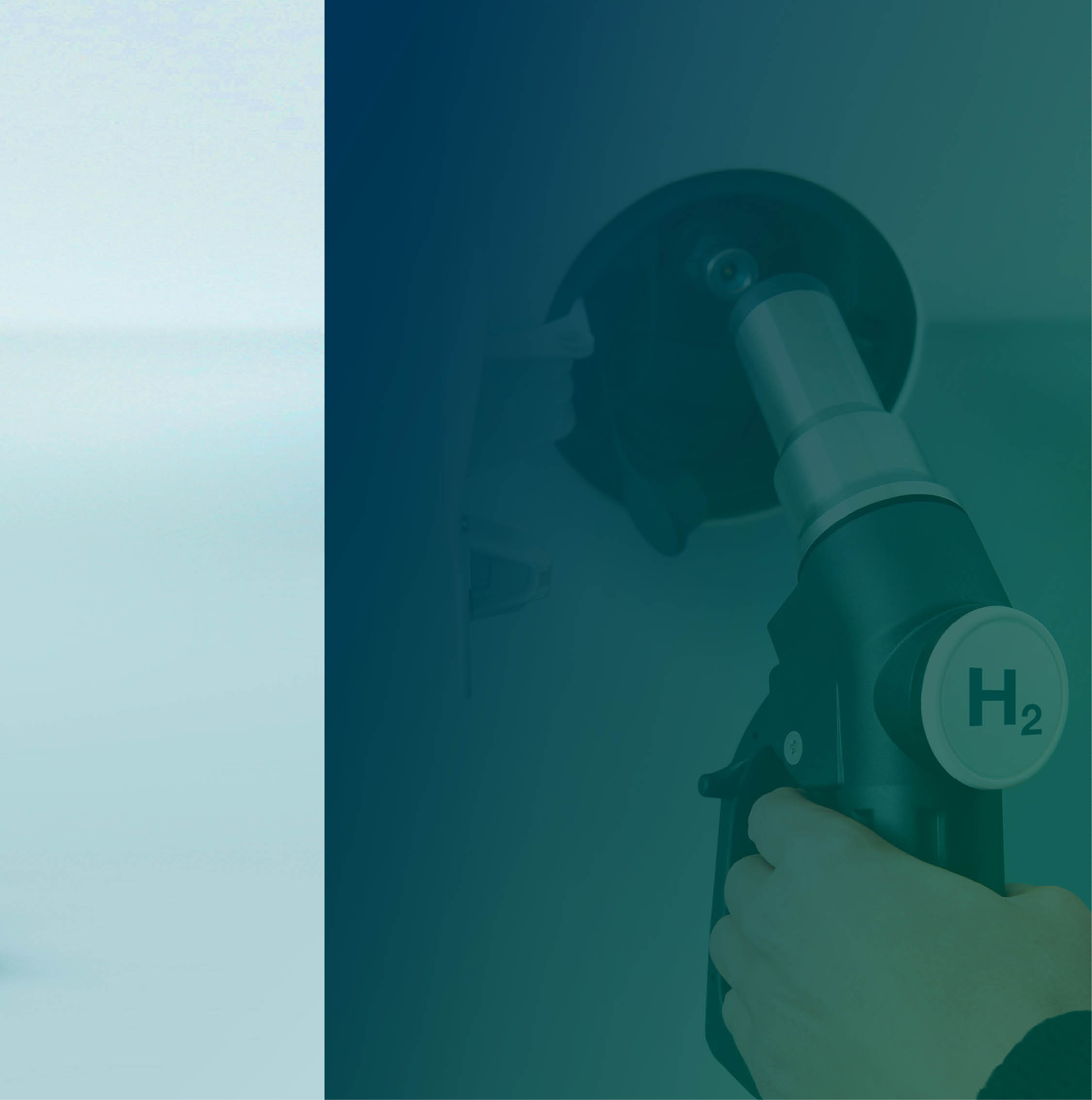
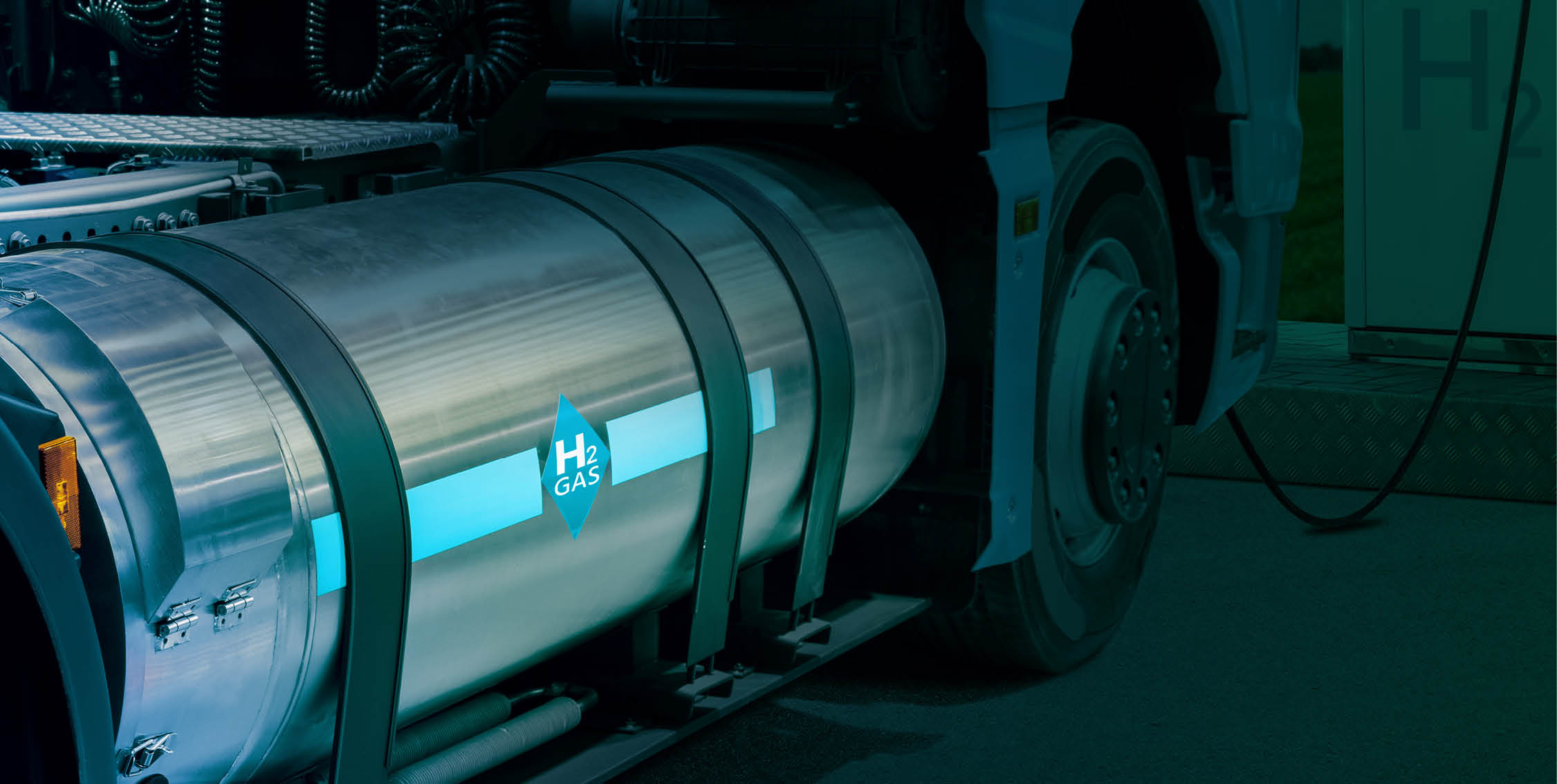
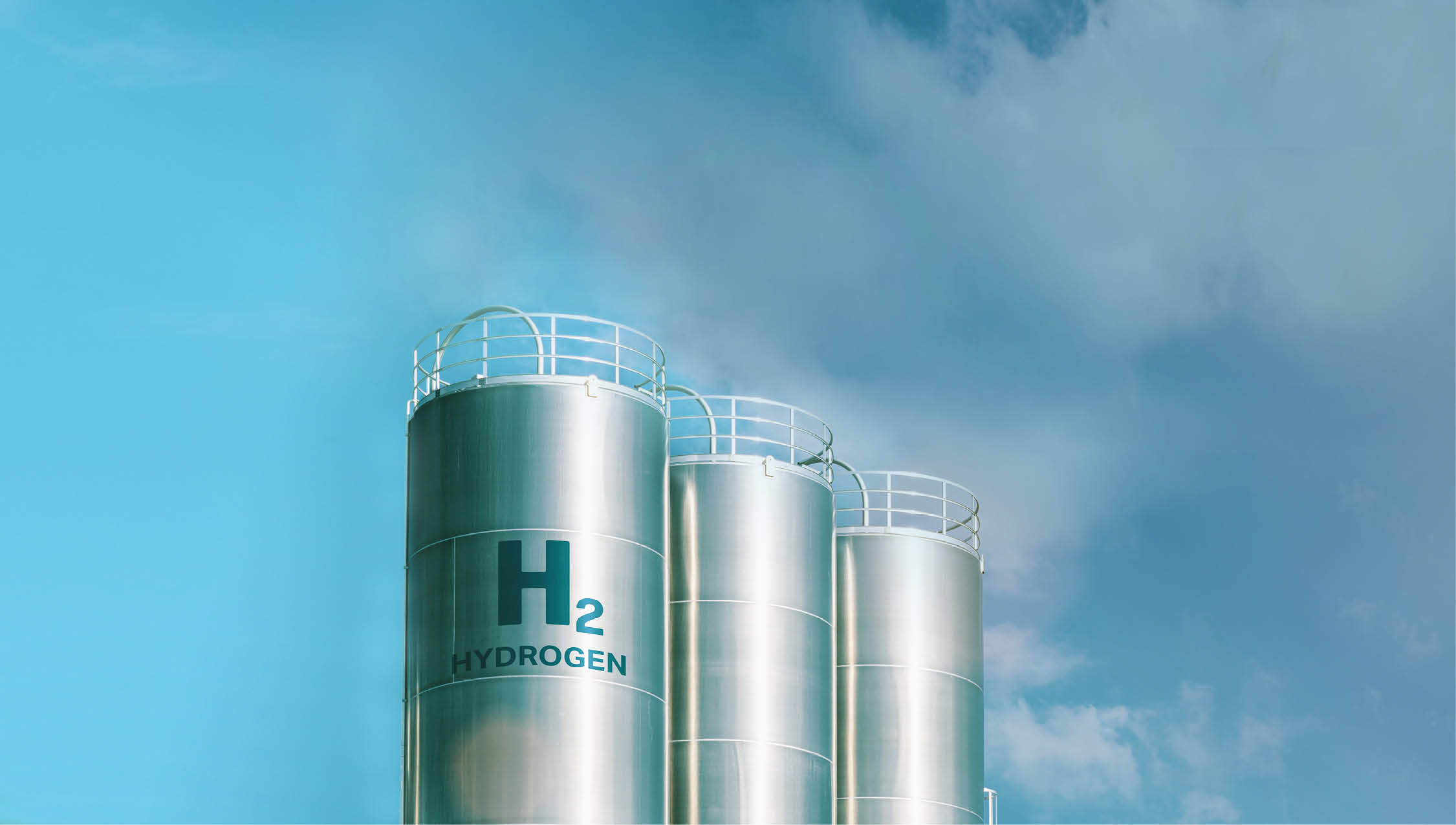
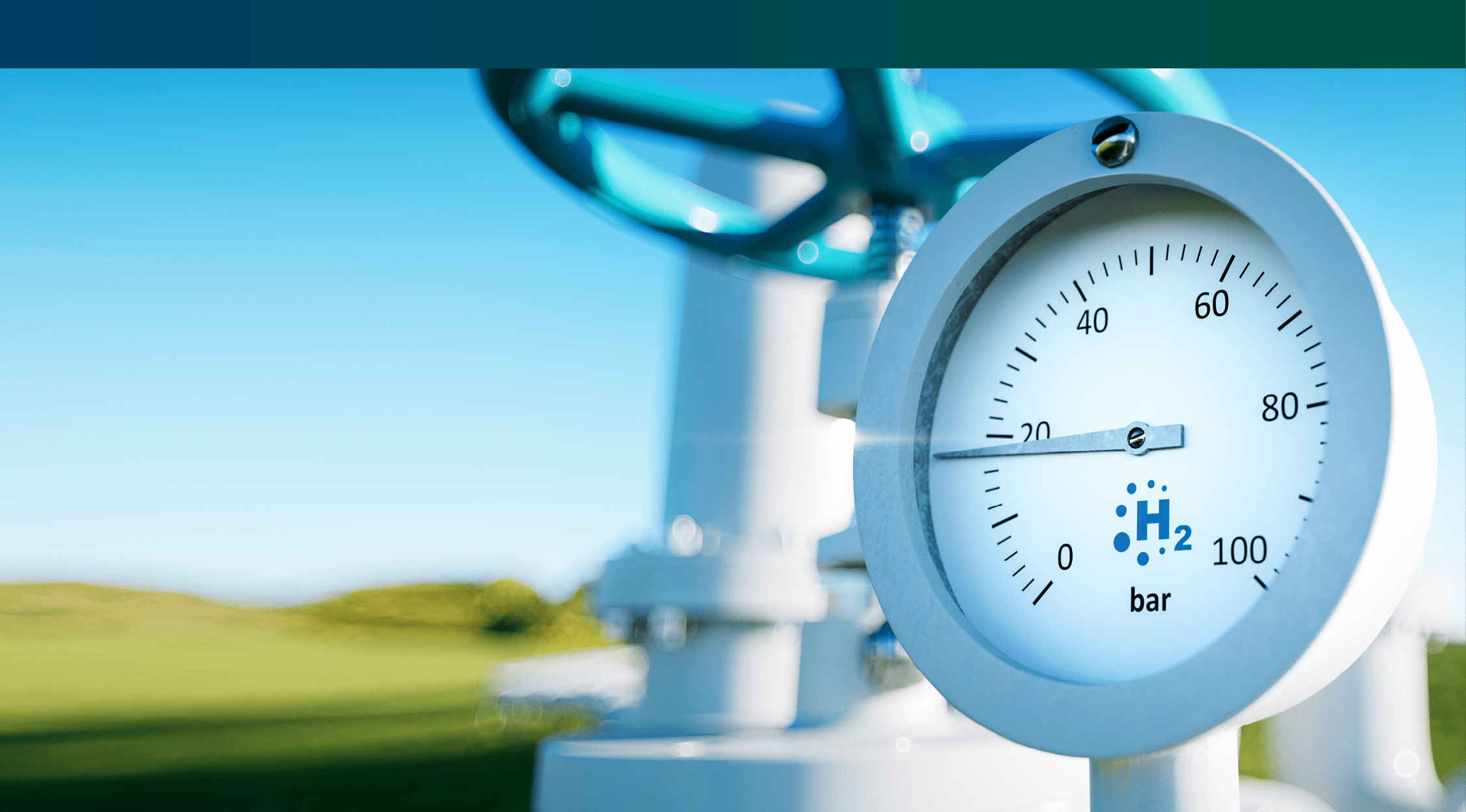
Ireland's Hydrogen Strategy aims to establish an early hydrogen innovation fund to provide co-funding supports for demonstration projects across the hydrogen value chain.


Prior to the publication of the Hydrogen Strategy, Ireland's Climate Action Plan (2021 & 2023) and the Climate Action Low Carbon Development (Amendment) Act set the backdrop for the creation of hydrogen policy.
 Ireland's Climate Action Plan (2021) (CAP21) – sets out the timeframe and specific actions relating to the development of green hydrogen. It identifies targets and routes to deliver 1-3TWh of renewable gas including hydrogen by 2030. CAP21 commits to identifying further incentives for electrolyser production and grid connection to lower the cost sustainability.
Ireland's Climate Action Plan (2021) (CAP21) – sets out the timeframe and specific actions relating to the development of green hydrogen. It identifies targets and routes to deliver 1-3TWh of renewable gas including hydrogen by 2030. CAP21 commits to identifying further incentives for electrolyser production and grid connection to lower the cost sustainability.
 Climate Action and Low Carbon Development (Amendment) Act (CALC) – the purpose of the CALC was to provide for the approved plans by the government to pursue the transition to a low-carbon, climate-resilient and environmentally stable economy by 2050. This falls short of setting specific targets or provisions relating to hydrogen and merely provides for annual revisions of the Climate Action Plan and the requirement for five-year carbon budgets.
Climate Action and Low Carbon Development (Amendment) Act (CALC) – the purpose of the CALC was to provide for the approved plans by the government to pursue the transition to a low-carbon, climate-resilient and environmentally stable economy by 2050. This falls short of setting specific targets or provisions relating to hydrogen and merely provides for annual revisions of the Climate Action Plan and the requirement for five-year carbon budgets.
 Ireland's Climate Action Plan (2023) (CAP23) – this plan was the first to be prepared under CALC and focuses mainly on the ways to achieve the level of emissions reduction required by the carbon budget programme and sectorial ceilings for electricity introduced by CALC.
Ireland's Climate Action Plan (2023) (CAP23) – this plan was the first to be prepared under CALC and focuses mainly on the ways to achieve the level of emissions reduction required by the carbon budget programme and sectorial ceilings for electricity introduced by CALC.
The Clean Hydrogen Partnership is a joint public-private partnership with Hydrogen Europe, supported by the Commission through Horizon Europe. Its aim is to strengthen and integrate EU scientific capacity, to accelerate the development and improvement of advanced clean hydrogen applications.
€1 billion has been assigned up to 2027 to commission research and innovation into clean hydrogen-related technologies development.
One of the main sources of funding for research and development in Ireland is the European Commission's Innovation Fund. The fund supports highly innovative technologies and one of its main aims is to help businesses and industry to invest in clean energy and boost economic growth.
Those who are unsuccessful in an award from the innovation fund can also avail of the Project Development Assistance scheme. The goal of this is to improve the maturity of projects through high-quality technical and financial advisory support provided by the European Investment Bank who will eventually go onto to apply for the innovation funding.
Ireland's Hydrogen Strategy was released on 12 July 2023.
It's objectives are to support:
 Decarbonising the Irish economy;
Decarbonising the Irish economy;
 Enhancing Irish energy security; and
Enhancing Irish energy security; and
 Developing industrial opportunities.
Developing industrial opportunities.
The strategy sets out several actions to be delivered over the coming years, which aim to remove barriers that could inhibit early hydrogen projects from progressing, along with a strategic hydrogen development timeline.
It also considers the needs of the entire hydrogen value chain including production, end-uses, transportation and storage, safety, regulation, markets, innovation, and skills.
While Ireland's Hydrogen Strategy states the use of renewable hydrogen in large electricity end-users is not considered a priority, Ireland has tested the blending of hydrogen and natural gas and reported that 100% hydrogen can be transported in the Irish distribution pipelines in the future.

Key legislation

Key regulatory bodies
The Hydrogen Strategy offers little in relation to the changes needed for the licensing and permitting process for hydrogen projects, however it has undertaken to conduct a full review to identify gaps.
GNI is facilitating the secondment of a Hydrogen Standardisation Expert into the National Standards Authority of Ireland to work on standardisation activities relating to hydrogen.
Working closely with and participating on European and international hydrogen-related committees and working groups, the aim is that Ireland will take the opportunity to be a leader in setting best practice through standards in hydrogen production and storage.
Anticipated near-term regulatory changes
At the time of writing (Q4 2023) there is no dedicated support scheme for green hydrogen in Ireland.
In 2022, the Department of the Environment, Climate and Communications funded a range of research programmes totalling over €40 million. The majority of this funding supports research funding programmes offered by the Environmental Protection Agency (EPA) through its EPA Research Framework, and the Sustainable Energy Authority of Ireland (SEAI).
EPA and SEAI also carry out in-house research and evidence production. The department also procures support directly from the national research and innovation system through research and consultancy frameworks.
Department of the Environment, Climate and Communications funding

European Commission's Innovation Fund

European Clean Hydrogen Partnership
The EU Clean Hydrogen Alliance brings together industry, national and local authorities, civil society and other stakeholders with the aim of promoting investments and stimulating clean hydrogen production and use.
It launched six thematic roundtables in key areas of hydrogen production, transportation and use and published a hydrogen project pipeline in November 2021 with 840 projects.
It also hosts the 'Electrolyser Partnership' to bring together electrolyser manufacturers and suppliers of components and materials to achieve a combined annual electrolyser manufacturing capacity of 17.5 GW by 2025 in Europe.

EU Clean Hydrogen Alliance
 Environmental Protection agency (EPA) – the EPA research call opens annually however will only accept applications in relation to the specific themes and targeted topics to address policy needs and build capacity in relevant areas.
Environmental Protection agency (EPA) – the EPA research call opens annually however will only accept applications in relation to the specific themes and targeted topics to address policy needs and build capacity in relevant areas.
 Sustainable Energy Authority of Ireland (SEAI) – the SEAI National Energy Research Development and Demonstration (RD&D) Funding Programme welcomes research proposals from all research disciplines, as well as collaborative projects involving multiple organisations subject to alignment with the overall programme objectives.
Sustainable Energy Authority of Ireland (SEAI) – the SEAI National Energy Research Development and Demonstration (RD&D) Funding Programme welcomes research proposals from all research disciplines, as well as collaborative projects involving multiple organisations subject to alignment with the overall programme objectives.
 European Commission Innovation Fund – Innovation Fund projects need to be sufficiently mature in terms of planning, business model, and financial and legal structure in order to be funded. They will be selected based on the following criteria:
European Commission Innovation Fund – Innovation Fund projects need to be sufficiently mature in terms of planning, business model, and financial and legal structure in order to be funded. They will be selected based on the following criteria:
i.Effectiveness of greenhouse gas emissions avoidance
ii.Degree of innovation
iii.Project viability and maturity
iv.Scalability
v.Cost efficiency (cost per unit of performance)
Accessing support schemes
At the time of writing (Q4 2023), there is no standard HPA in Ireland.
The Hydrogen Strategy notes that "further work is needed to better assess the competitiveness of Irish-produced renewable hydrogen compared to international benchmarks and the benefits that a future hydrogen export market could deliver to the Irish economy".
CAP21 set out a roadmap for establishing corporate power purchase agreements (CPPAs) whereby a company procures renewable electricity through direct contractual agreements with a renewable electricity generator.
The Renewable Electricity Corporate Power Purchase Agreements Roadmap was published in March 2022 which set out the primary actions that would be taken to develop CPPAs in Ireland, however there have been no updates on this development to date.
The primary modes of sale are expected to be the sale of hydrogen into the transport and maritime sectors as well as offshore energy production for export.
 Industrial heat and processing:
Industrial heat and processing:
 Road and rail transportation:
Road and rail transportation:
 Aviation:
Aviation:
The EU-ETS regulations for both stationary operators and aircraft operators are given effect in Ireland through the below:
 S.I. No. 553/2014 - European Communities (Greenhouse Gas Emissions Trading) (Aviation) (Amendment) Regulations 2014.
S.I. No. 553/2014 - European Communities (Greenhouse Gas Emissions Trading) (Aviation) (Amendment) Regulations 2014.
 S.I. No. 755/2020 - European Union (Greenhouse Gas Emissions Trading) (Amendment) Regulations 2020.
S.I. No. 755/2020 - European Union (Greenhouse Gas Emissions Trading) (Amendment) Regulations 2020.
The Environmental Protection Agency is responsible for administering the
EU-ETS in Ireland.
Selling opportunities

Hydrogen purchase agreements (HPAs) in Ireland
When HPAs begin to become commonplace in Ireland, the most important legal issues are likely to include:
 The evolving regulatory framework regarding the sale and distribution of hydrogen – specifically with respect to licensing, permits, and compliance with health, safety, and environmental regulations.
The evolving regulatory framework regarding the sale and distribution of hydrogen – specifically with respect to licensing, permits, and compliance with health, safety, and environmental regulations.
The most important commercial issues will include:
 Pricing, quality standards, liability, and intellectual property rights.
Pricing, quality standards, liability, and intellectual property rights.
 Corporate structures for raising equity and securing debt funding.
Corporate structures for raising equity and securing debt funding.
 Practical questions, such as where intellectual property sits and real estate issues.
Practical questions, such as where intellectual property sits and real estate issues.
Key legal and commercial issues in HPAs in Ireland
 The Commission for the Regulation of Utilities (CRU) – the CRU is Ireland's independent energy and water regulator. It operates within a policy and statutory framework set by government and has responsibility for economic regulation and customer protection in the energy and water sectors and regulation of energy safety. The CRU is responsible for regulating gas transportation in Ireland and sets out a code of operations governing the relationship between Gas Networks Ireland as gas transporter and shippers on the gas networks.
The Commission for the Regulation of Utilities (CRU) – the CRU is Ireland's independent energy and water regulator. It operates within a policy and statutory framework set by government and has responsibility for economic regulation and customer protection in the energy and water sectors and regulation of energy safety. The CRU is responsible for regulating gas transportation in Ireland and sets out a code of operations governing the relationship between Gas Networks Ireland as gas transporter and shippers on the gas networks.
 Gas Networks Ireland (GNI) – operates and maintains Ireland's national gas network. GNI is responsible for issuing Guarantees of Origin and Certificates of Origin as well as the management of the Renewable Gas Register in Ireland.
Gas Networks Ireland (GNI) – operates and maintains Ireland's national gas network. GNI is responsible for issuing Guarantees of Origin and Certificates of Origin as well as the management of the Renewable Gas Register in Ireland.
The Trans-European Networks for Energy (TEN-E) regulation sets out criteria for projects to be considered for Projects of Common/Mutual Interest (PCI/PMI) status in Europe, opening faster permitting procedures and access to funding for grants and capital works under the Connecting Europe Facility.
In June 2022, TEN-E was updated to better reflect the decarbonisation needs of Europe, introducing new categories of hydrogen pipelines, hydrogen storage facilities, hydrogen terminals, and electrolysers, among others.

Projects of Common/
Mutual Interest
Ireland's Hydrogen Strategy aims to establish an early hydrogen innovation fund to provide co-funding supports for demonstration projects across the hydrogen value chain.
The Hydrogen Strategy innovation funding
Regulatory requirements for hydrogen energy installations and electrolysers










Support schemes


Selling hydrogen in Ireland

